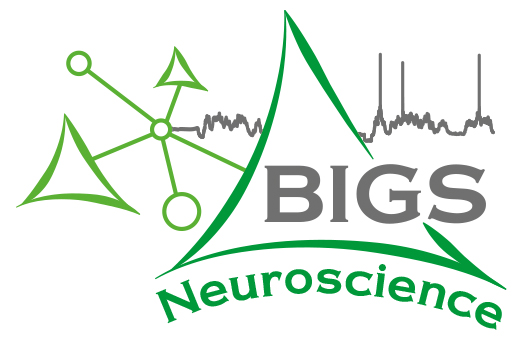Financing your PhD
PhD Funding
The PhD candidate is generally financed by the research group of the supervisor in which the doctoral work is carried out. Salaries can vary and should be clarified in detail with the supervisor. Contracts will be allocated in correspondence with the supervisor and the organization the supervisor belongs to (i.e. University, Max-Planck or Helmholtz Research Institute).
More information on the topic ‘How to finance your PhD’ are available on the DAAD website.
For more information on PhD positions and funding opportunities for doctoral candidates you can visit the following sites:
- BIGS Clinical and Population Science job offers
- FENS Job Market
- Jobvector: www.jobvector.de
- DAAD scholarship database: www.funding-guide.de
- Other funding databases: www.research-in-germany.org
- Selected funding programs for PhD students: www.research-in-germany.org
Expenses
Matriculation and tuition fees: In Germany, tuition fees are generally not charged at public universities in Germany. The cost of these institutions is covered by the German taxpayer. But students enrolled at university have to pay a “semester contribution” every semester. This fee covers the cost of the student ID card. The student ID card serves as a semester ticket for cheap or free use of public transport, and allows students reduced rates at the student cafeteria and many other places such as cinemas, theater, swimming pools, museums, etc.. Furthermore, it gives the possibility of living in a student dormitory. There is no fee for participation in the Bonn International Graduate School Clinical and Population Science.
Transportation: Bonn and the surrounding areas offer an excellent public transportation system. Students with a student ID card as well as free transportation throughout the NRW and you will be exempt from paying for the public transportation services. Non-student employees can obtain a JobTicket (public transportation pass) for the Bonn/Cologne area to use until they receive their student cards. The price ranges from 47 € to 72 €, depending on the extent of the area, and is well below the usual cost of public transport. It is entitled to the use of all public transport within the area including buses, trams and trains. More information about the JobTicket (i.e. the exact price, conditions, forms) can be obtained from the institute you are employed at.
Literature: Most of the literature you’ll need in the course of the program will be available electronically.
Housing & Living: Your expenses for housing and living in Bonn will depend on your life style and personal preferences. You should calculate an average of 400 € for your housing and 300-400 € for your living expenses per month.

